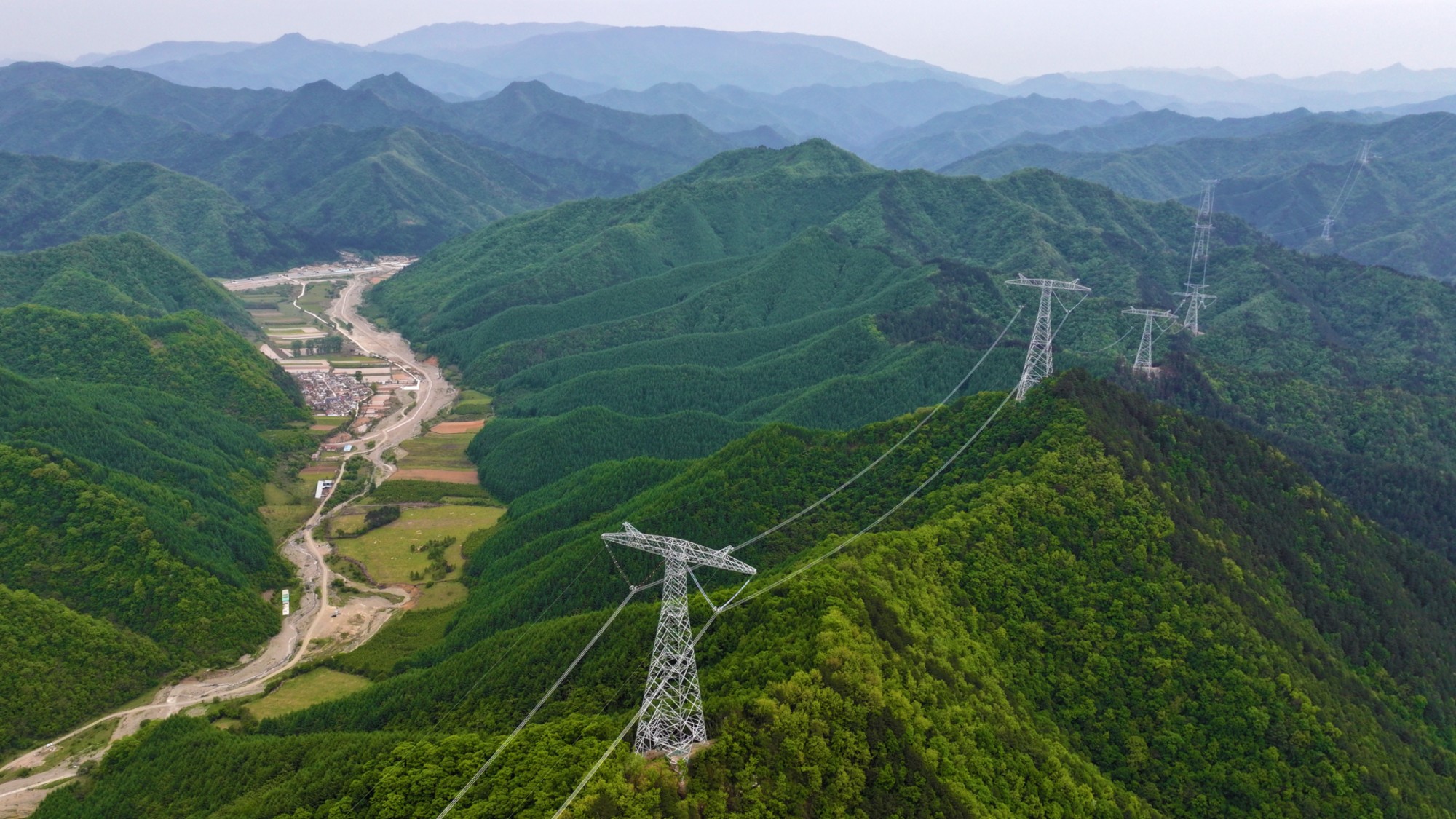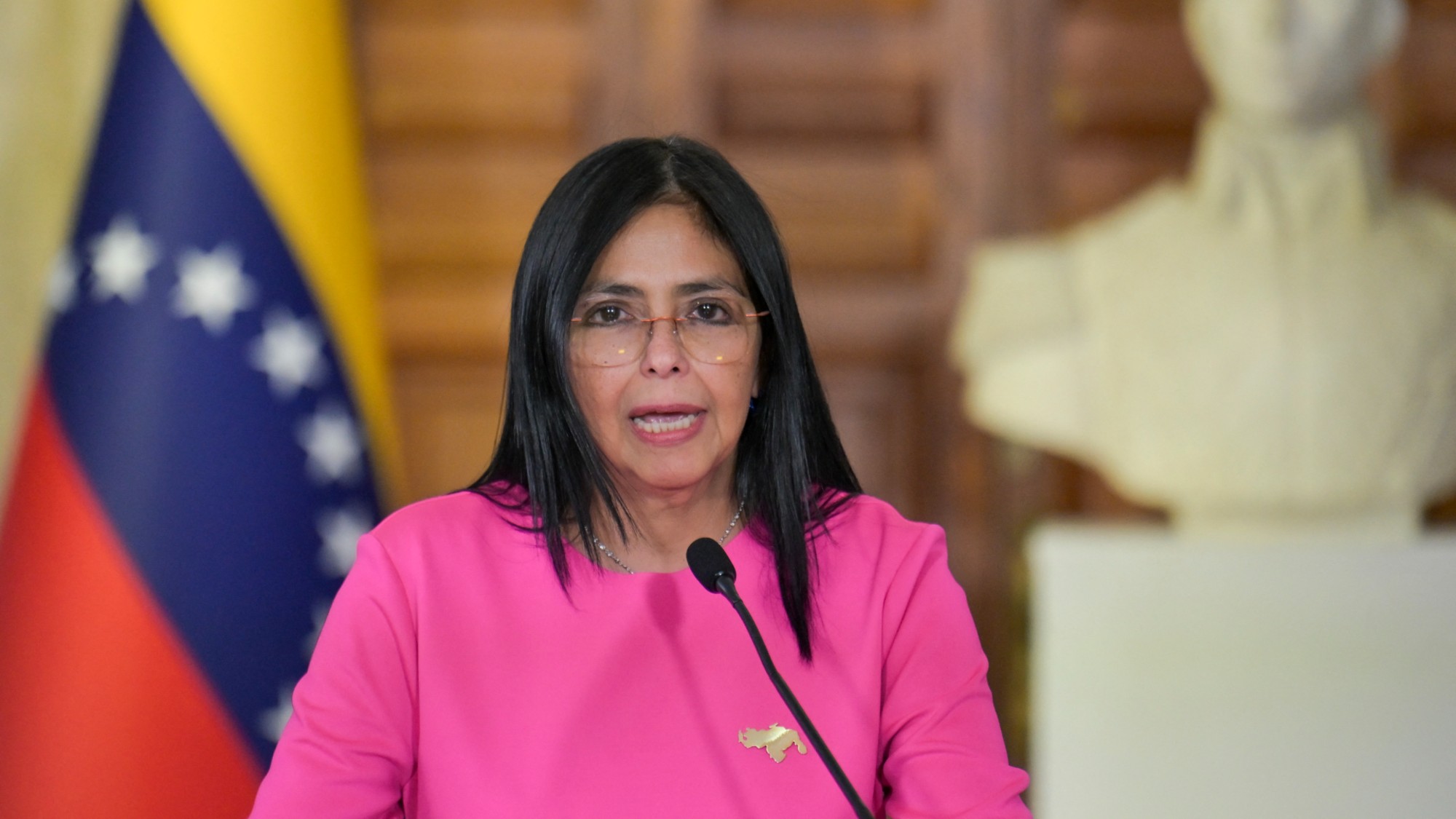The lead paint poisoning scandal rocking China
Sick schoolchildren and allegations of a cover-up have pushed China's public safety concerns back into the public eye


A free daily email with the biggest news stories of the day – and the best features from TheWeek.com
You are now subscribed
Your newsletter sign-up was successful
Chinese officials are racing to address fallout from a new investigation into the nonfatal lead poisoning of more than 200 schoolchildren in the western province of Gansu. After a report released Sunday cited widespread lapses in safety protocols and efforts by local figures to cover up the sprawling scandal, the incident has captivated the Chinese public and galvanized the government into action in a country still haunted by past lead poisoning crises.
School officials at Heshi Peixin Kindergarten in Tianshui city are accused of adding lead-based industrial paint to the school's food to make it more visually appealing. And multiple provincial and hospital workers allegedly tampered with blood tests and failed to issue requisite health alerts.
'All-too-familiar concerns'
The new report on the Tianshui poisonings is a "rare acknowledgment" from Chinese officials of a "high-level hush-up of a public scandal," said The New York Times. All told, more than a dozen people have been detained or arrested by Chinese authorities to date, including the school's principal, kitchen staff and an investor, with Chinese internet users giving "keen attention to the report," said the BBC. While some have commended the government's "transparent disclosure," others have demanded that the "perpetrators" be "held accountable."
The Week
Escape your echo chamber. Get the facts behind the news, plus analysis from multiple perspectives.

Sign up for The Week's Free Newsletters
From our morning news briefing to a weekly Good News Newsletter, get the best of The Week delivered directly to your inbox.
From our morning news briefing to a weekly Good News Newsletter, get the best of The Week delivered directly to your inbox.
The report showed "mistakes and mishandling" at almost "every level of the process and response," The Guardian said. Its release was "accompanied by reported protests by parents" outside the kindergarten. Footage taken by independent journalists on the ground claimed to show "clashes between police and a few hundred people."
The mass poisonings have "raised all-too-familiar concerns" in China about both food safety at large and the "levels of transparency with which such cases are handled," said CNN. It is the latest in a list of "dozens of high-profile scandals" reported across China since the early 2000s. While lead poisoning in particular "used to be a more widespread issue," the Chinese central government in 2010 "allocated special funds for heavy metal pollution prevention" following a spate of lead-based illnesses the previous year.
'Serious mistake in governance'
Beyond the reignition of discrete food-based concerns and lead-poisoning mitigation efforts, the Tianshui poisonings have also raised questions about the relationships between the various tiers of China's national, regional and local authorities. In "contrast" to its "chiding of provincial and city-level officials," the incident report hailed the central government's "quick response," said the BBC.
As China's "worst food safety scandal in almost two decades," the incident has "prompted fresh questions about the quality of local governance," said the South China Morning Post. These poisonings have highlighted the "chaos in food safety governance," said Hu Xijin, the former editor-in-chief of Global Times newspaper, to the outlet. Implicated local authorities believed the public would "accept their monopoly on information," Hu said. "This is a serious mistake in governance."
A free daily email with the biggest news stories of the day – and the best features from TheWeek.com
Typically, Chinese authorities "tightly control the flow of information" in the immediate aftermath of a disaster or scandal, said the Times. While in the past, authorities have sporadically held individual companies and "low-level officials" accountable for their alleged criminality, "acknowledgment of active higher-level cover-ups is relatively rare."
Rafi Schwartz has worked as a politics writer at The Week since 2022, where he covers elections, Congress and the White House. He was previously a contributing writer with Mic focusing largely on politics, a senior writer with Splinter News, a staff writer for Fusion's news lab, and the managing editor of Heeb Magazine, a Jewish life and culture publication. Rafi's work has appeared in Rolling Stone, GOOD and The Forward, among others.
-
 The 8 best TV shows of the 1960s
The 8 best TV shows of the 1960sThe standout shows of this decade take viewers from outer space to the Wild West
-
 Microdramas are booming
Microdramas are boomingUnder the radar Scroll to watch a whole movie
-
 The Olympic timekeepers keeping the Games on track
The Olympic timekeepers keeping the Games on trackUnder the Radar Swiss watchmaking giant Omega has been at the finish line of every Olympic Games for nearly 100 years
-
 The fall of the generals: China’s military purge
The fall of the generals: China’s military purgeIn the Spotlight Xi Jinping’s extraordinary removal of senior general proves that no-one is safe from anti-corruption drive that has investigated millions
-
 EU and India clinch trade pact amid US tariff war
EU and India clinch trade pact amid US tariff warSpeed Read The agreement will slash tariffs on most goods over the next decade
-
 Grok in the crosshairs as EU launches deepfake porn probe
Grok in the crosshairs as EU launches deepfake porn probeIN THE SPOTLIGHT The European Union has officially begun investigating Elon Musk’s proprietary AI, as regulators zero in on Grok’s porn problem and its impact continent-wide
-
 China’s Xi targets top general in growing purge
China’s Xi targets top general in growing purgeSpeed Read Zhang Youxia is being investigated over ‘grave violations’ of the law
-
 Panama and Canada are negotiating over a crucial copper mine
Panama and Canada are negotiating over a crucial copper mineIn the Spotlight Panama is set to make a final decision on the mine this summer
-
 The app that checks if you are dead
The app that checks if you are deadIn The Spotlight Viral app cashing in on number of people living alone in China
-
 Delcy Rodríguez: Maduro’s second in command now running Venezuela
Delcy Rodríguez: Maduro’s second in command now running VenezuelaIn the Spotlight Rodríguez has held positions of power throughout the country
-
 Shots fired in the US-EU war over digital censorship
Shots fired in the US-EU war over digital censorshipIN THE SPOTLIGHT The Trump administration risks opening a dangerous new front in the battle of real-world consequences for online action
